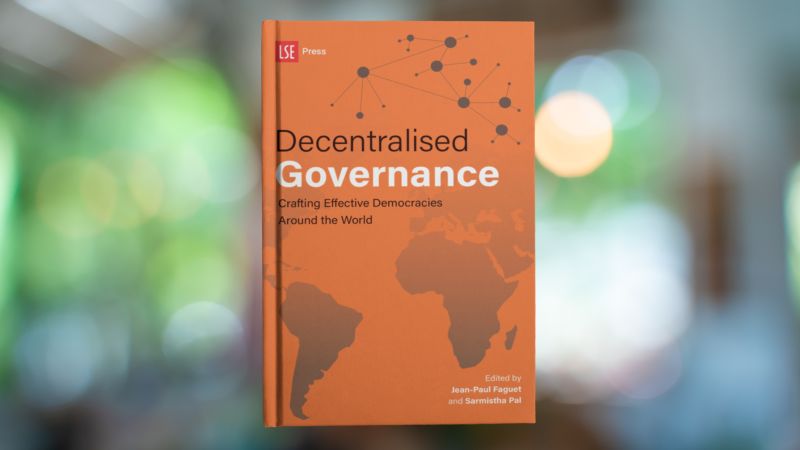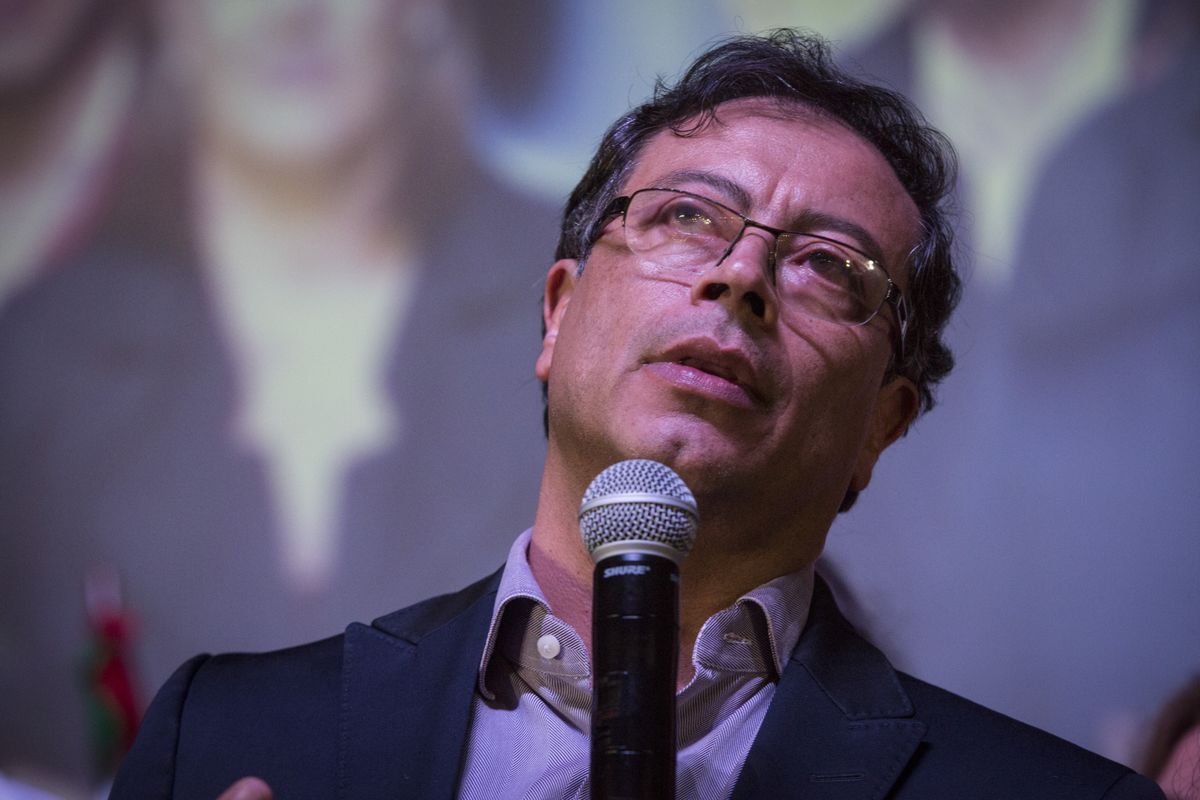LSE ID Alum Olugbenga Opeyemi Okunade writes about the influence global governance institutions have in enforcing neoliberal policies on developing nations and how this leads to an increase in informal economies. He argues that whilst absorbing surplus labour this also poses challenges such as exploitation and tax revenue limitations for governments.
There are three global governance institutions (World Bank, IMF, and WTO) that regulate the global economy. These global governance institutions are instrumental in the spreading of neoliberalism. The operational activities of these global governance institutions have shaped and influenced the economies of nations. These global governance institutions were established to regulate global finance and trade. Surprisingly, their operational activities have tilted toward propagating neoliberalism globally. For example, the IMF was created for the global monitoring of exchange rates and the balance of payment loans, but IMF’s roles shifted towards setting conditions for nations that wanted loans in the mid-1970s.
Historically, the global economic crisis conditioned some developing nations to borrow money from the IMF. Unfortunately, some of these nations defaulted on their payment. The period that these nations defaulted on their debt repayment coincided with the election of Reagan as US President. To curb this, the Reagan government instructed the IMF that if the developing countries wanted to borrow additional loans to the ones they were owing, the loans should be rescheduled. This debt rescheduling involved the adoption of conditionalities. These conditionalities were neoliberal principles. These principles include trade liberalization, privatization, deregulation, and securitization of property rights, etc. Moreover, during this period, there was a global oil crisis that affected nearly all non-oil-producing countries. To curb this problem and restore the continuous flow of global oil, it is argued that the US government threatened to invade some oil-producing states (Saudi Arabia, Kuwait, and Abu Dhabi). Owing to this threat, the Saudi government agreed with the US government to recycle all of their Petro-dollars through the US Investment Bank. With the recycling of Saudi oil through Petro-dollars, many funds were channeled to the American government. Importantly, because of the domestic low-interest rate and the great economic depression within the US in the 1970s, and the high-profit margins that the US had anticipated would come from the recycling of Petro-dollars and Saudi oil, the American government decided not to invest these huge funds in the US, but abroad. Hence, the Reagan government recycled these funds through the US Investment Bank, World Bank, and IMF. It was this recycled fund that was given as loans to the developing nations that borrowed money from the World Bank and IMF. As previously discussed, to have access to these loans, the intending borrowers (developing nations) must adopt neoliberalism. It is these neoliberal principles that were packaged as a Structural Adjustment Program for developing countries.
How Global Governance Institutions Shape the Developing Nations?
The operational activities of these global institutions through the enforcement of neoliberalism on some states seeking loans from them have condemned some states to producers of primary products whose value and price in the global supply chain are low. The application of neoliberalism follows the principles of comparative advantage. The comparative advantage argues that a nation should specialize in a sector of the economy in which it has huge advantages over other nations. Similarly, developing nations are advised to specialize in the primary production of raw materials where they have huge advantages over other nations. Meanwhile, specializing in only the production of raw materials without diverting to the manufacturing sector will not spur structural changes and economic growth. Besides specializing in the production of primary products, developing nations are advised to open their economy to the free flow of international trade. By opening the economy to the free flow of trade, it is argued that the goods that the developing nations cannot produce will be gotten from other nations through trade. The case of Manley’s government in Jamaica is an example. Jamaica has bauxite which the country uses as a source of foreign exchange. Surprisingly, bauxite’s revenue was not used by the Jamaican government to diversify its economy. However, when the Jamaican economy was hard hit by the global economic recession and IMF-driven loan (SAP) in 1976, its prices of bauxite plummeted, and an alternative (aluminum) to the usage of bauxite was sought.
The application of neoliberalism that is driven by global governance institutions has led to the emergence and an increase in an informal economy globally. The emergence of this informal economy has a direct link with the mass retrenchment and casualization that often accompany the adoption of neoliberalism. The informal economy or employment is a kind of job that has no formal contract, right, regulation, or bargaining power. Neoliberalism creates a surplus army of labor, and one sector that absorbs these unemployed people is the informal economy. Although the emergence of an informal economy is sometimes associated with the development of entrepreneurial spirit in developing countries, the informal economy cannot adequately employ the huge number of people that are often employed by the formal economy. There has been an increase in the growth of an informal economy in developing countries after the 1980s. According to the United Nations, two-fifths of the active economy population in developing countries work in an informal economy. Similarly, in Latin America, the informal economy employs 57% of the Latin American workforce. There are downsides to the informal economy. The informal economy has no formal contract, regulation, bargaining power, or rights. The absence of these aforementioned often makes the exploitation and abuse of people especially women and children possible. Besides, its lack of regulation has led to the emergence of child labor, the selling of organs, and child prostitution. For instance, in Dhaka, evidence has shown that boys and girls between 10-14 years of age were engaged in income-generating work.
Conclusion
With the widespread implementation of some neoliberal principles globally, there may be an increase in the number of people working in an informal economy, especially in developing nations. Unfortunately, the informal economy is not often taxed by the government, and the inability of the government to tax this sector tends to inhibit the government from generating resources that would have been used for meeting government financial obligations.
The views expressed in this post are those of the author and in no way reflect those of the International Development LSE blog or the London School of Economics and Political Science.
Acknowledgment: Prof. Timothy Black (Sociology Department, Case Western Reserve University, USA).





